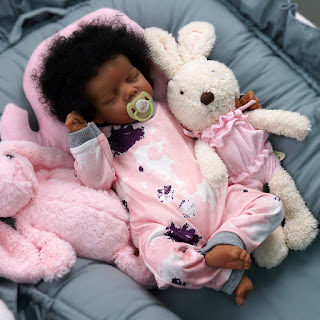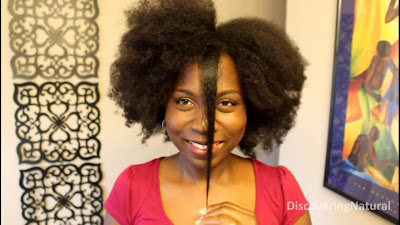Why Your Baby Pulls Their Hair and What To Do
Why do Babies Pull Their Hair?
Babies often pull hair for various reasons, although it's important to note that their actions are typically not meant to cause harm intentionally. Here are some common reasons why babies might pull hair:
1. Sensory exploration: Babies explore their surroundings through touch, and hair can be interesting to them because of its texture and the way it feels when pulled.
2. Teething discomfort: Teething can be painful, and babies might pull hair as a way to alleviate some of that discomfort by putting pressure on their gums.
3. Attention-seeking: Babies are learning about cause and effect. If they notice that pulling hair gets a reaction (like someone saying "ouch" or paying attention to them), they may do it more to seek attention.
4. Curiosity: Babies are naturally curious, and they may be curious about hair, especially if it's different from their own.
5. Motor development: Pulling hair can be a way for babies to practice their fine motor skills and hand-eye coordination.
Parents and caregivers should gently discourage hair-pulling and redirect the baby's attention to more appropriate activities or toys. It's also important to ensure that the baby's basic needs, like hunger or discomfort, are met, as sometimes hair-pulling can be a sign of underlying discomfort or frustration.
What to do when Baby Pulls Hair
If a baby is pulling hair, it's important for parents and caregivers to respond calmly and appropriately. Here are some steps to take if a baby is pulling hair:
1. Stay calm: It's essential not to react with anger or frustration. Babies often don't understand the consequences of their actions, and they're exploring their world.
2. Redirect their attention: Gently guide the baby's hands away from the hair they are pulling and offer them a different, safe, and age-appropriate toy or object to play with. This can help shift their focus.
3. Use positive reinforcement: When the baby stops pulling hair and engages with the alternative activity or toy, offer praise and positive attention. Reinforce good behavior with smiles and kind words.
4. Set boundaries: Babies need to learn boundaries, even at a very young age. If hair-pulling persists, firmly but gently say "No" and remove their hand from the hair. Be consistent with this response.
5. Examine underlying causes: Hair-pulling could be a sign of discomfort, boredom, or frustration. Ensure that the baby's basic needs (like feeding, diaper changes, and sleep) are met. If teething is causing discomfort, consider providing a teething toy or offering a cold, safe object for them to chew on.
6. Supervise playtime: Keep a close eye on the baby during playtime to prevent hair-pulling incidents. If you notice them reaching for hair, intervene before they can grab hold.
7. Model gentle behavior: Babies learn from observing adults and caregivers. Be a positive role model by demonstrating gentle touches and interactions with others.
Remember that babies are still developing their motor skills and social understanding, so patience and consistency are key when addressing hair-pulling behavior. If the behavior persists or if you have concerns about your baby's development, consult with a pediatrician or a child development specialist for guidance.




Comments
Post a Comment